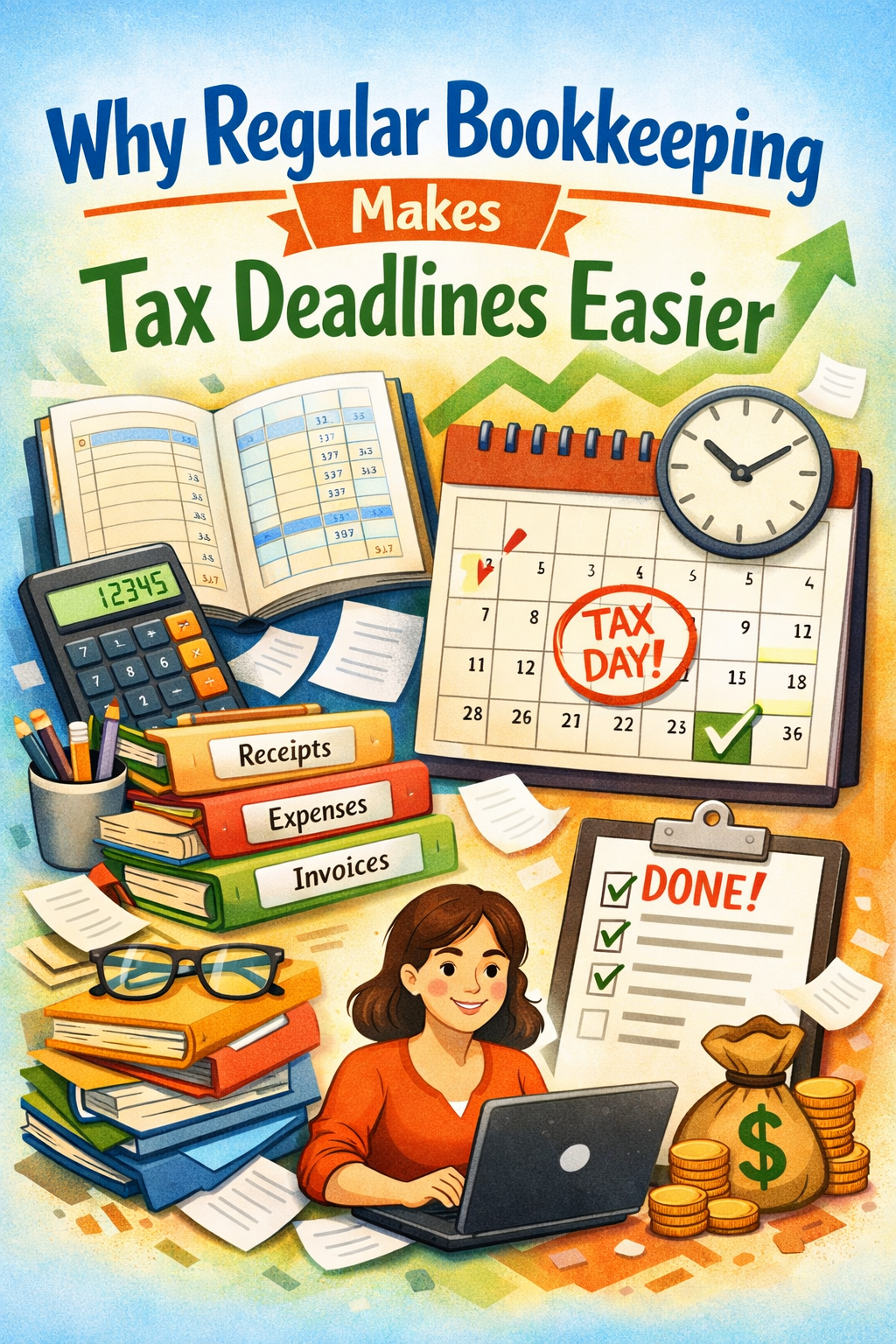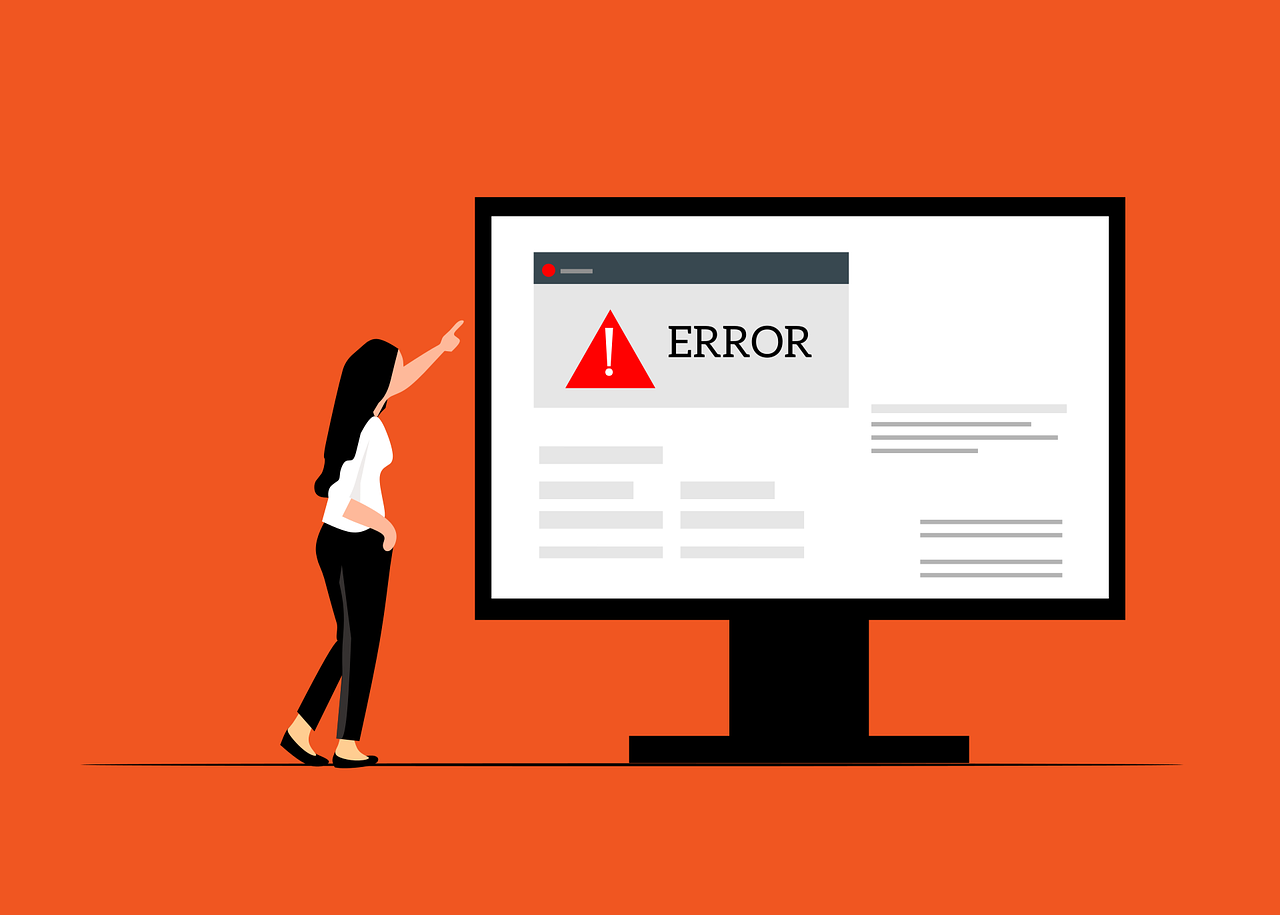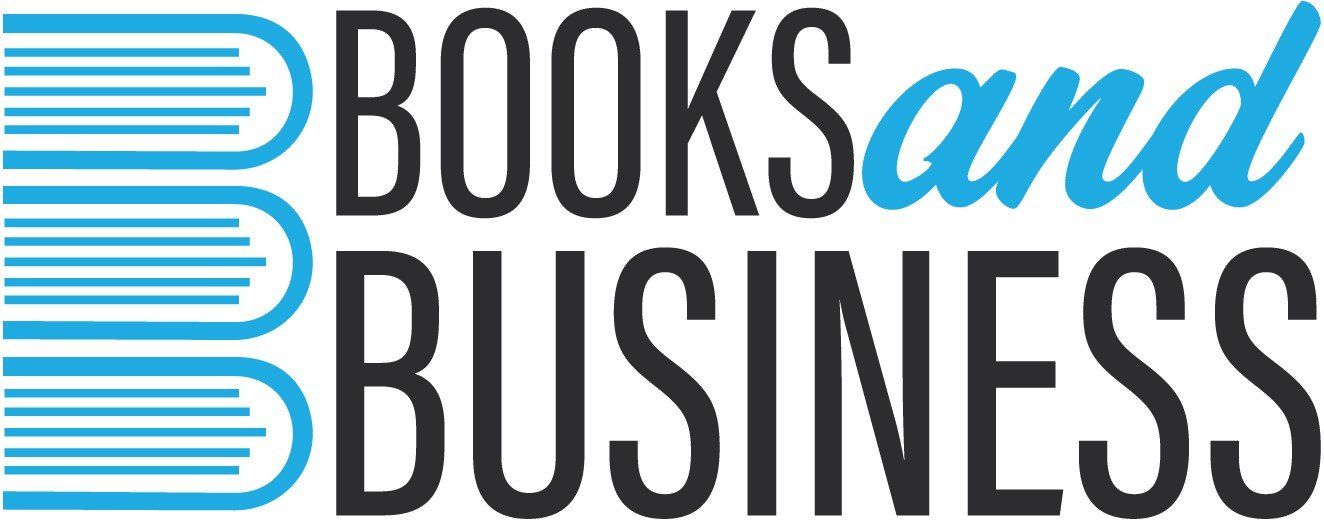The Importance of Categorising Business Expenses
The Importance of Categorising Business Expenses: Insights from a Bookkeeper
As a bookkeeper, one of the most crucial tasks I perform for my clients is the meticulous categorisation of their business expenses. This might seem like a mundane and tedious task, but in reality, it is a cornerstone of effective financial management. Let me walk you through why categorising business expenses is so important and how it can benefit your business in multiple ways:
1. Accurate Financial Reporting
Categorising expenses accurately allows for clear and precise financial reports. These reports are essential for understanding the financial health of your business. When expenses are properly categorised, you can quickly see where your money is going, which helps in identifying trends, managing budgets, and making informed financial decisions. For instance, you might notice that your marketing expenses are higher than usual or that your office supplies budget needs adjustment. Without proper categorisation, these insights would be much harder to spot.
2. Simplified Tax Preparation
Tax season can be a daunting time for many business owners, but proper expense categorisation can significantly simplify this process. By categorising expenses throughout the year, you ensure that you have all the necessary information at your fingertips come tax time. This not only saves time and reduces stress but also helps in maximising your tax deductions and minimising the risk of errors.
3. Improved Budget Management
A well-maintained expense categorisation system helps in effective budget management. When you categorise expenses, you can set more accurate budgets for different areas of your business. This helps in controlling costs and ensuring that funds are allocated appropriately. For example, if you have a clear view of how much you spend on travel, you can set a realistic travel budget and avoid overspending.
4. Enhanced Financial Analysis
Categorised expenses enable more detailed and insightful financial analysis. This analysis can highlight areas where the business is performing well and areas that need improvement. For instance, you might discover that a particular product line is more profitable because you can accurately track all related expenses. This detailed level of analysis is impossible without proper categorisation.
5. Better Cash Flow Management
Cash flow is the lifeblood of any business. By categorising expenses, you can monitor your cash flow more effectively. You can see when and where money is being spent and plan accordingly. This foresight helps in ensuring that you always have enough cash on hand to meet your business obligations as and when they fall due.
6. Aids in Financial Planning and Forecasting
Future planning and forecasting are vital for business growth and sustainability. Categorising expenses provides a historical record that can be used to make more accurate financial forecasts and strategic plans. By analysing past spending patterns, businesses can predict future expenses and allocate resources more efficiently.
7. Supports Strategic Decision-Making
Strategic decisions require a clear understanding of your financial situation. Categorised expenses provide the detailed information necessary for making strategic decisions such as expansions, investments, and cost-cutting measures. With accurate data at hand, business owners can make informed decisions that align with their strategic goals.
To summarise, categorising business expenses is not just about keeping your books tidy — it's about gaining control over your financial destiny. It allows for accurate reporting, simplifies tax preparation, improves budget management, enhances financial analysis, facilitates better cash flow management, ensures compliance, aids in financial planning, and supports strategic decision-making. As a bookkeeper, I can confirm that businesses that prioritise proper expense categorisation are better equipped to navigate the financial complexities of running a successful enterprise. So, take the time to categorise your expenses accurately — it’s an investment in the future health of your business.




